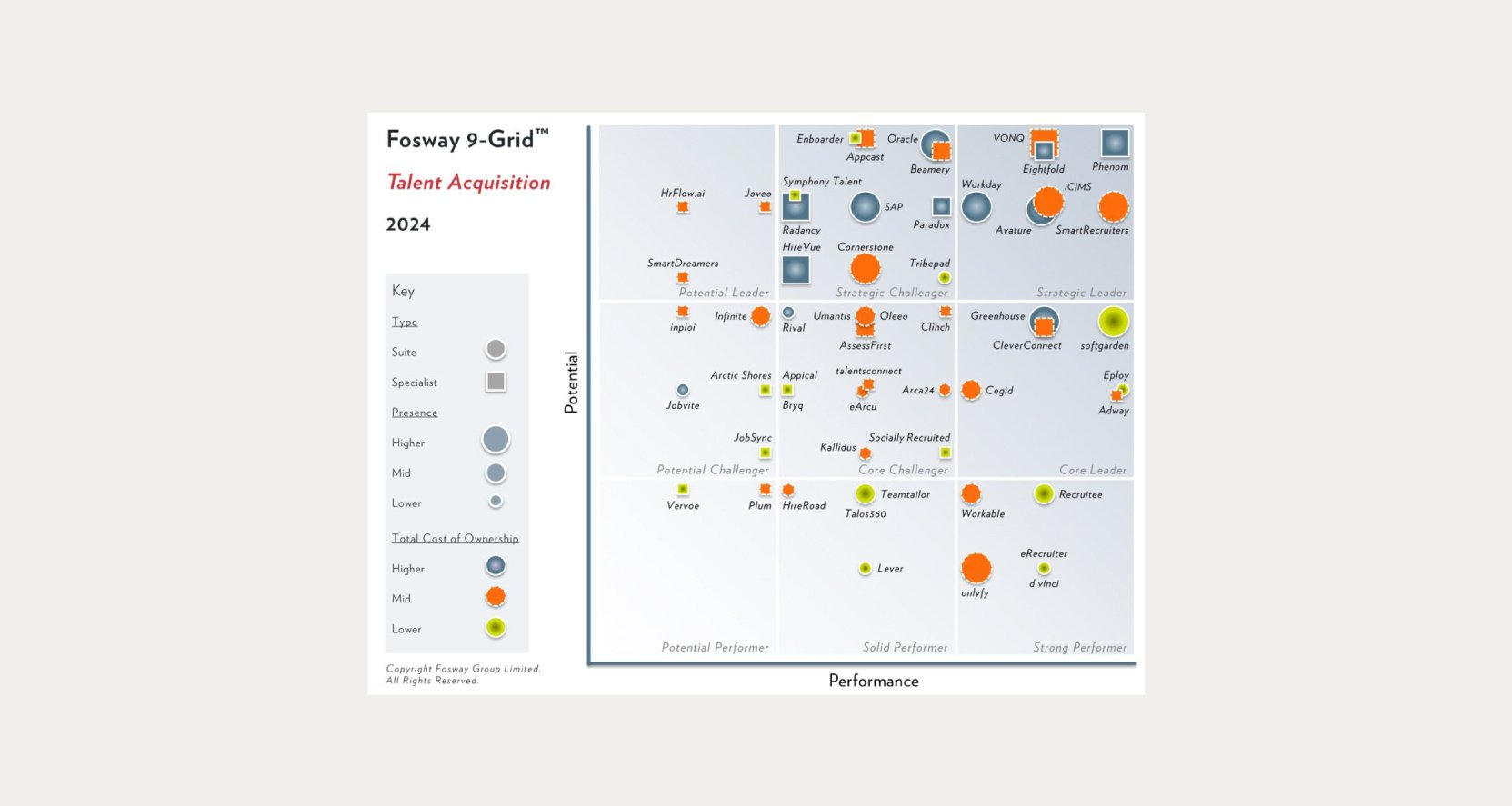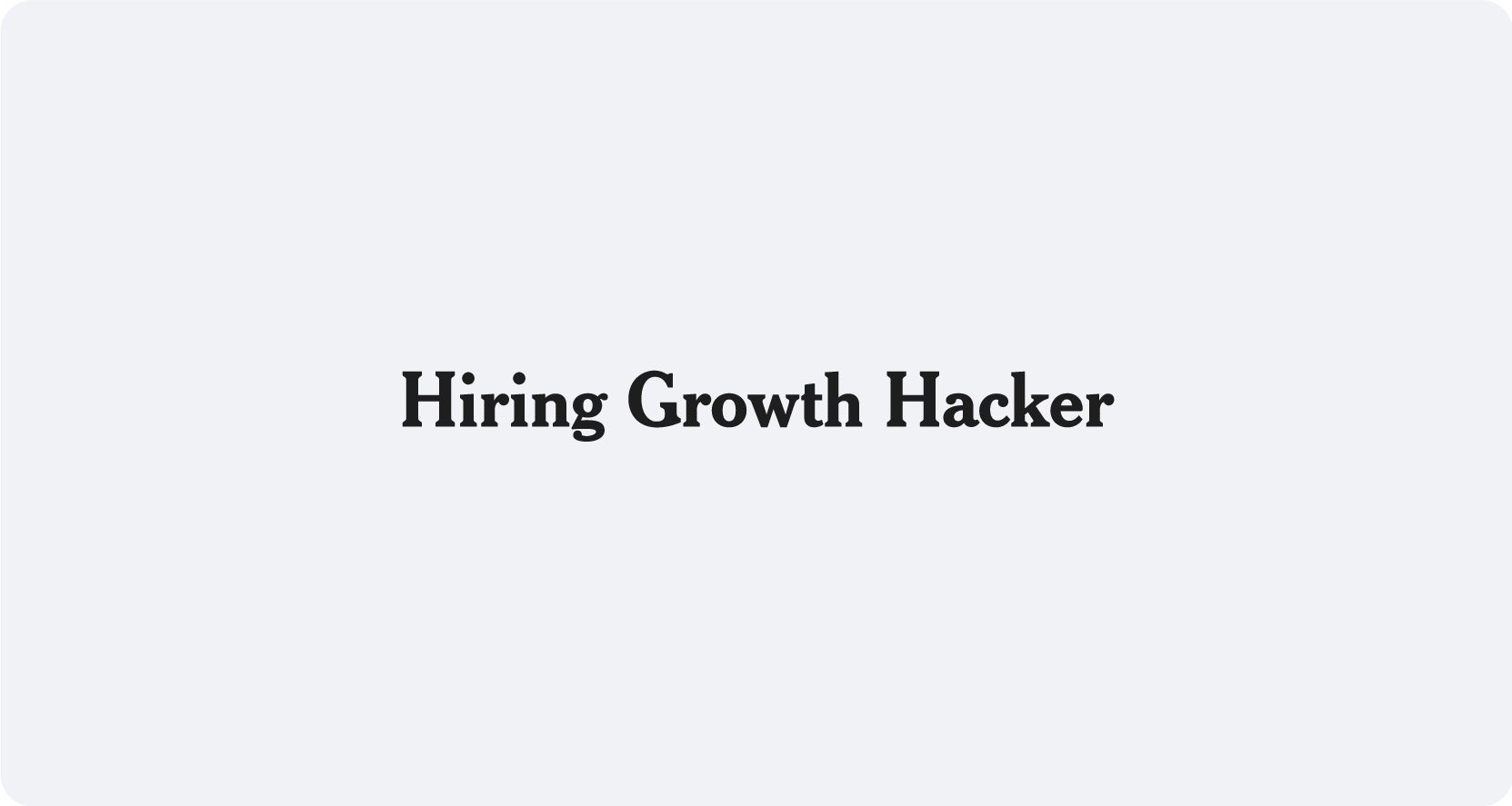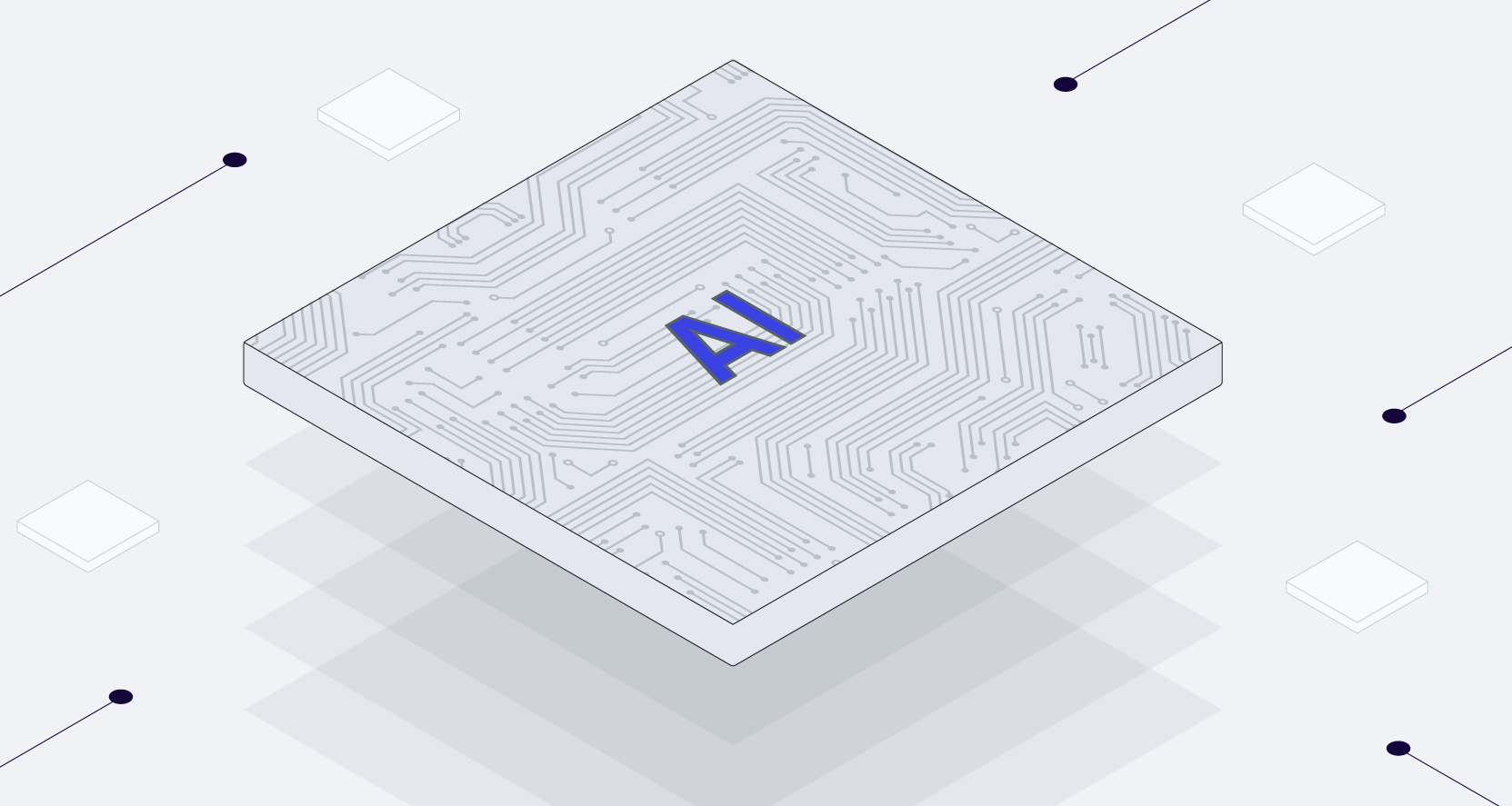As 2024 unfolds, we are witnessing a rapid evolution in the talent acquisition sector. The advancements of AI and machine learning are heralding a new era of transformation within the recruitment industry. The buzz around AI in talent acquisition has been building for some time, but the recent developments with Open AI and other players have significantly altered the playing field, democratizing access to advanced AI capabilities. We can anticipate a blend of groundbreaking AI applications alongside a growing comprehension of its limitations as the initial excitement begins to settle. One thing remains certain: the pace of change in talent acquisition is accelerating like never before, setting the stage for an exhilarating journey into the future of recruitment.
Looking ahead to 2024, what trends and innovations can we anticipate? Below are our forecasts for the coming year:
AI adoption
The phrase "Let's deploy AI in our entire talent acquisition ecosystem" is likely to be a common theme in many discussions this year. Implementing this, however, is more complex than it sounds. We should be optimistic about AI's potential to revolutionize talent acquisition processes, yet also cognizant of the challenges in fully integrating AI. Due to the fragmented nature of Talent Acquisition (TA) ecosystems, adopting AI should be approached incrementally. Consider data interpretation as an example. In talent acquisition, data often resides in disparate systems – Google Analytics for career websites, social media for advertising, and Applicant Tracking Systems (ATS) for recruitment. Without centralized data integration (comprehensive mapping and correlating data across the talent acquisition funnel), the full potential of AI cannot be realized. Thus, prioritizing data consolidation is essential before fully deploying AI.
At SmartDreamers, we've deployed AI in multiple areas from the candidate journey, and this year, we will continue the rapid adoption of AI: AI CV Parser, AI Content Assistant (for ads creation, landing pages, and job description), and AI Job Matching.
Improving Candidate Experience
The labor market is expected to maintain its low unemployment rate throughout this year, too. Consequently, companies will persist in their struggle in the competitive talent market, increasingly turning to strategies borrowed from marketing and e-commerce to enhance the candidate experience. However, significant shifts in this approach should not be anticipated swiftly. The predominant trend will still see most companies using those complex, hard-to-complete application forms. Yet, there are encouraging indicators of change. We can expect a gradual evolution where more organizations start to streamline their hiring processes, making them more user-friendly and efficient, much like the best practices seen in customer-focused industries. This shift, while slow, is a positive sign toward a more streamlined and candidate-centric recruitment approach in the future.
Job boards
In discussing the future of talent acquisition, it might seem counterintuitive to mention job boards, often viewed as a more traditional method. However, their relevance and growth in the current labor market cannot be understated. To put this into perspective, consider the example of Poland's leading job board, pracuj.pl. Remarkably, it generates more revenue than some of the world's largest CRM players. This fact underscores the continuing importance and potential growth of job boards in the evolving landscape of talent acquisition. Despite the surge in new technologies and methodologies, job boards remain a vital component, effectively bridging the gap between employers and potential candidates. Their sustained growth and relevance in various markets worldwide highlight their adaptability and enduring value in the field of recruitment.
Diversity and Inclusion Technology
Emerging technologies aimed at reducing unconscious bias will become fundamental in recruitment strategies. This includes sophisticated AI-driven applications capable of generating job descriptions that are neutral and inclusive. These tools meticulously analyze language to eliminate phrases that might subtly favor a particular gender, age group, or cultural background, ensuring a more diverse applicant pool.
Advanced algorithms will play a crucial role in the screening process, focusing more on the candidates' skills and experiences rather than their demographic information. These algorithms will be designed to assess the qualifications and competencies of candidates objectively, without being influenced by their name, age, gender, ethnicity, or other personal attributes.
Predictive Analytics
The burgeoning role of AI in predictive analytics marks a significant turning point in talent acquisition strategies. However, the successful implementation of this technology hinges on overcoming several hurdles, primarily the integration and harmonization of data from various segments of the talent acquisition process. This consolidation is crucial as it ensures the AI systems have access to a wide range of relevant, high-quality metrics, enabling them to generate more accurate and insightful predictions.
Once this data is effectively integrated, AI can revolutionize how organizations forecast hiring needs, identify potential candidate success, and even predict tenure length. For instance, by analyzing historical data on employee performance, turnover rates, and the success of past recruitment efforts, AI can provide invaluable insights into what makes a successful hire for different roles and departments.
The landscape of talent acquisition is evolving rapidly, driven by technological innovation and changing market dynamics. In this environment, organizations must remain agile, ready to adopt new tools and strategies that not only streamline recruitment but also foster a more diverse, inclusive, and efficient hiring process.
Looking ahead, we can anticipate further advancements in AI and machine learning, each bringing new opportunities and challenges. As we navigate this exciting journey, the key will be to leverage these technologies responsibly and creatively, ensuring that they serve to enhance, rather than replace, the human elements of recruitment. The future of talent acquisition is bright, and it promises a more data-driven, candidate-centric, and equitable hiring landscape. Welcome to the future of recruitment – a future where technology and human insight combine to create a more dynamic, efficient, and fair hiring process.








